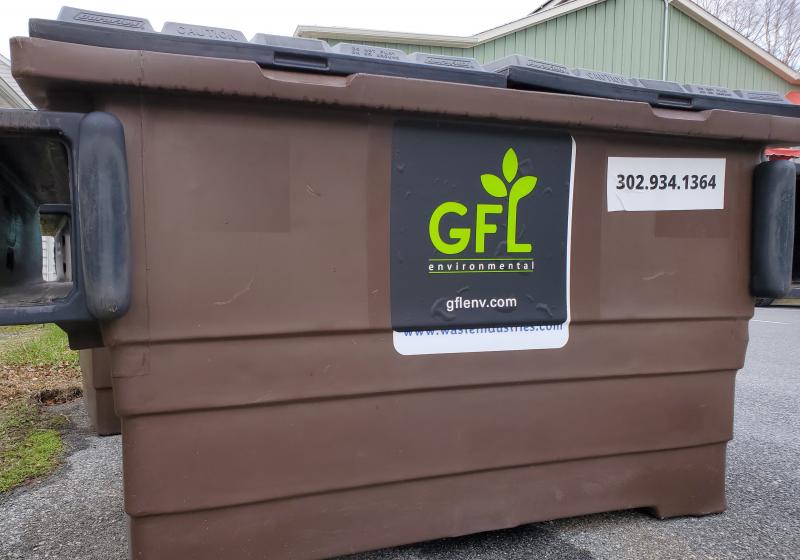Waste Industries sold to Canadian-based trash hauler
Waste Industries, one of Delaware’s largest residential and commercial trash haulers, has been bought by Canadian-based GFL Environmental Inc.
The two trash haulers announced the merger in a November 2018 press release. GFL, based out of Vaughan, Ontario, purchased Waste Industries, based out of Raleigh, N.C., for approximately $2.8 billion.
The Grinch-Who-Stole-Christmas-colored trucks, trash cans and recycling bins of GFL have slowly, but surely been appearing in Sussex County over the past year. One of the trucks appeared in the Rehoboth Beach Hometown Christmas Parade Dec. 3.
According to a press release announcing the merger, the combined company will operate 98 collection operations, 59 transfer stations, 29 material recovery facilities, 10 organics facilities and 47 landfills, and will have more than 8,850 employees. Together the combined company has operations in all Canadian provinces, except Prince Edward Island, and in 20 states.
As a result of the merger, GFL now has a workforce of more than 9,000 employees and provides its broad range of environmental services to more than 135,000 commercial and industrial customers and its solid waste collection services to more than 4 million households.
In prepared statements, GFL Founder and Chief Executive Officer Patrick Dovigi and Waste Industries Chairman and CEO Ven Poole spoke of how the merger of the two waste hauling companies is a win-win situation.
“Waste Industries strongly complements GFL’s brand with an over 47-year history of providing excellent customer service to its local communities and has a management team with a proven track record of harnessing technology, processes and systems to drive operating efficiencies,” said Dovigi.
“The continued evolution of Waste Industries takes another large step forward in this combination with GFL. These companies complement each other in multiple ways, and the management teams share a similar culture, oriented around exceptional customer service, operational excellence and our commitment to making a difference in the communities we serve,” said Poole.













































